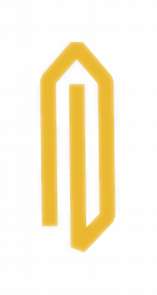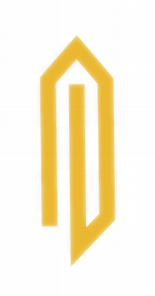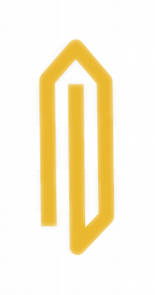Struct qt_core::PenJoinStyle
source · pub struct PenJoinStyle(/* private fields */);Expand description
This enum type defines the pen join styles supported by Qt, i.e. which joins between two connected lines can be drawn using QPainter.
C++ enum: Qt::PenJoinStyle.
Implementations§
source§impl PenJoinStyle
impl PenJoinStyle
sourcepub const MiterJoin: PenJoinStyle = _
pub const MiterJoin: PenJoinStyle = _
The outer edges of the lines are extended to meet at an angle, and this area is filled. (C++ enum variant: MiterJoin = 0)
sourcepub const BevelJoin: PenJoinStyle = _
pub const BevelJoin: PenJoinStyle = _
The triangular notch between the two lines is filled. (C++ enum variant: BevelJoin = 64)
sourcepub const RoundJoin: PenJoinStyle = _
pub const RoundJoin: PenJoinStyle = _
A circular arc between the two lines is filled. (C++ enum variant: RoundJoin = 128)
sourcepub const SvgMiterJoin: PenJoinStyle = _
pub const SvgMiterJoin: PenJoinStyle = _
A miter join corresponding to the definition of a miter join in the SVG 1.2 Tiny specification. (C++ enum variant: SvgMiterJoin = 256)
sourcepub const MPenJoinStyle: PenJoinStyle = _
pub const MPenJoinStyle: PenJoinStyle = _
C++ enum variant: MPenJoinStyle = 448
Trait Implementations§
source§impl Clone for PenJoinStyle
impl Clone for PenJoinStyle
source§fn clone(&self) -> PenJoinStyle
fn clone(&self) -> PenJoinStyle
Returns a copy of the value. Read more
1.0.0 · source§fn clone_from(&mut self, source: &Self)
fn clone_from(&mut self, source: &Self)
Performs copy-assignment from
source. Read moresource§impl Debug for PenJoinStyle
impl Debug for PenJoinStyle
source§impl From<PenJoinStyle> for c_int
impl From<PenJoinStyle> for c_int
source§fn from(value: PenJoinStyle) -> Self
fn from(value: PenJoinStyle) -> Self
Converts to this type from the input type.
source§impl From<i32> for PenJoinStyle
impl From<i32> for PenJoinStyle
source§impl PartialEq for PenJoinStyle
impl PartialEq for PenJoinStyle
source§fn eq(&self, other: &PenJoinStyle) -> bool
fn eq(&self, other: &PenJoinStyle) -> bool
This method tests for
self and other values to be equal, and is used
by ==.impl Copy for PenJoinStyle
impl Eq for PenJoinStyle
impl StructuralEq for PenJoinStyle
impl StructuralPartialEq for PenJoinStyle
Auto Trait Implementations§
impl RefUnwindSafe for PenJoinStyle
impl Send for PenJoinStyle
impl Sync for PenJoinStyle
impl Unpin for PenJoinStyle
impl UnwindSafe for PenJoinStyle
Blanket Implementations§
source§impl<T> BorrowMut<T> for Twhere
T: ?Sized,
impl<T> BorrowMut<T> for Twhere
T: ?Sized,
source§fn borrow_mut(&mut self) -> &mut T
fn borrow_mut(&mut self) -> &mut T
Mutably borrows from an owned value. Read more


